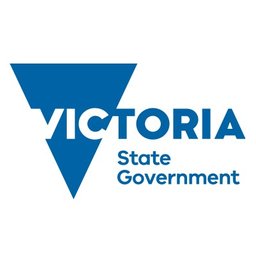Job Opportunities in Australia

October 25, 2024
Youth Justice
Wide Bay-Burnett
Convenor
As a Convenor, you will specifically:
- Manage and coordinate the restorative justice processes, with young people who have committed offences, victims and other relevant parties including referrals, identifying and coordinating participants and convening the restorative justice process.- Manage the complexities and conflicts that may occur or arise within all stages of the restorative justice process.- Assist in monitoring the suitability, feasibility of and compliance with restorative justice conference agreements.- Identify appropriate support services for victim/s of offences, make referrals if required, and liaise with service providers, and counsellors, who may be representing or supporting the victim/s to participate in the restorative justice process.- Ensure that written and oral information and advice to courts, agencies and other stakeholders is in accordance with relevant statutory, legislative, policy and procedural requirements. Make external referrals to support services.- Work collaboratively as part of a team, to achieve positive outcomes for victims, young people who have committed offences, their families and the community. This includes mentoring and assisting trainee conveners in their professional development.- Identify, develop and maintain strong working relationships with relevant external stakeholders. This may include provision of information sessions as required for government and non-government agencies, stakeholders and other relevant parties.- Proactively work to ensure the use of culturally appropriate, collaborative and evidence-based restorative justice processes that align with Youth Justice strategic direction.- Actively participate in a range of continuing professional development activities to continuously improve your ability to contribute to organisational goals, including training and accreditation.- Participate in reflective practice, including debriefing internal and external stakeholders, victim/s and other restorative justice team members.- Contribute to a departmental culture that ensures sensitive and effective communication with people from Aboriginal and/or Torres Strait Islander backgrounds as well as an appreciation of cultural protocols and an awareness of the impacts of historical policies and practices.This work is licensed under a Creative Commons Attribution 3.0 Australia License.
We regret to inform you that this job opportunity is no longer available
Latest Job Opportunities




October 27, 2024
Edith Cowan University
Lecturer Nursing – Paediatric specialisation
Joondalup
FULL TIME
View Details
October 27, 2024
ALDI Stores
Duty Store Manager - Port Adelaide
Port Adelaide
PART TIME
View Details
October 27, 2024
Woolworths
Bakery Team Member - Woolworths Golden Grove (The Stables)
Golden Grove
PART TIME
View DetailsSimilar Jobs

October 24, 2024
Brisbane Grammar School
Barista & Tuckshop Assistant Convenor (Term Time/Part Time)
Spring Hill
PART TIME
View DetailsNew Jobs from This Company




